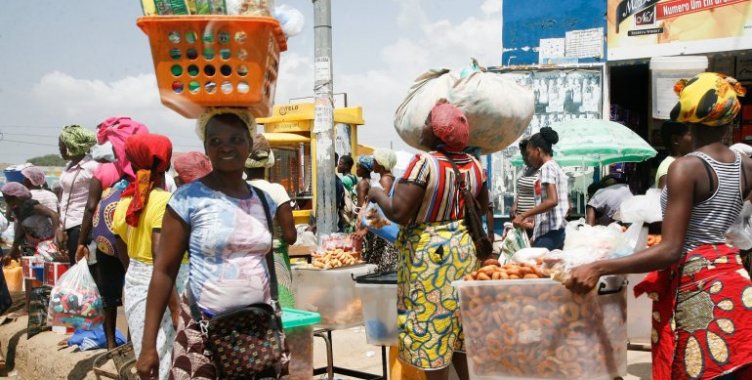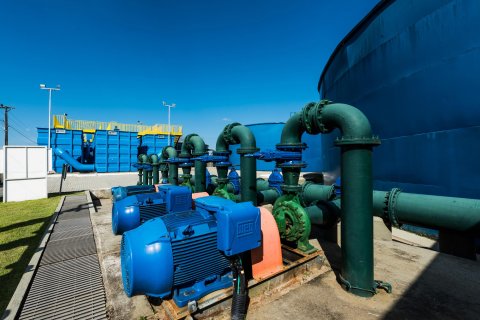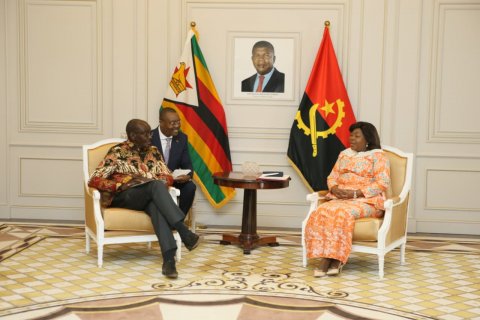"We need large amounts of fresh money injection into the economy, that's what we need" to relaunch economic growth, which is expected to slow to 1.1 percent, according to the Government's review, or 1.3 percent, according to the International Monetary Fund (IMF).
In an interview with Lusa on the sidelines of her participation in the Annual Meetings of the IMF and the World Bank, taking place this week in Marrakesh, Vera Daves de Sousa said that "the State has been the main engine, pumping liquidity into the economy, but with current debt levels, it no longer has that capacity".
The minister said that the solution is "more investment than financing" and noted that domestic savings are also an option: "Angola must definitely find a way to attract foreign private investment and income from local savings, which also exist", she stated, remembering that whenever there are domestic debt issues, the objective is achieved.
Asked about the main aspects to be improved to return to the path of more robust growth, Vera Daves de Sousa listed some aspects, ranging from the creation of a more conducive business environment to the reduction of administrative bureaucracy, also including the reinforcement of legal security for investors and, mainly, a greater role for the private sector.
"There was a perception that the Government has to do everything, but no, we all have to do our part, those who have capital and are in the market have to contribute, programs are launched, money is put into public financial institutions, tax incentives and benefits are created, bureaucracy is reduced, and where is the private sector that doesn't respond", asked the minister, answering the question of why it was only in recent years that the focus on attracting foreign investment became more visible.
Highlighting the importance of confirming that reforms and simplifying initiatives "are reflected in the daily life of institutions", the minister argued that it is necessary to improve the implementation of laws, because international partners say that Angola has "excellent laws, but in terms of application there is still room for improvement."
Regarding the strong devaluation of the kwanza in the first half of the year, followed by a stabilization that between May and July went from 543 kwanzas per dollar to more than 830, having remained at that value since then, Vera Daves de Sousa says that the explanation is among the free market, the decline in oil production and speculation.
"If we still depend heavily on the oil sector to have access to strong currency, and the main source of access to strong currency is oil exports, and we are seeing production below expectations, then the equation is simple", he argued, considering also that there was "a speculative attack" on the Angolan currency.
"What we can do better, the Ministry of Finance and the National Bank of Angola, is to be more diligent in communicating with the market and provide peace of mind for those on the demand side to organize themselves differently and better manage their activity adjust, it's like that anywhere in the world, there is volatility," she concluded.







